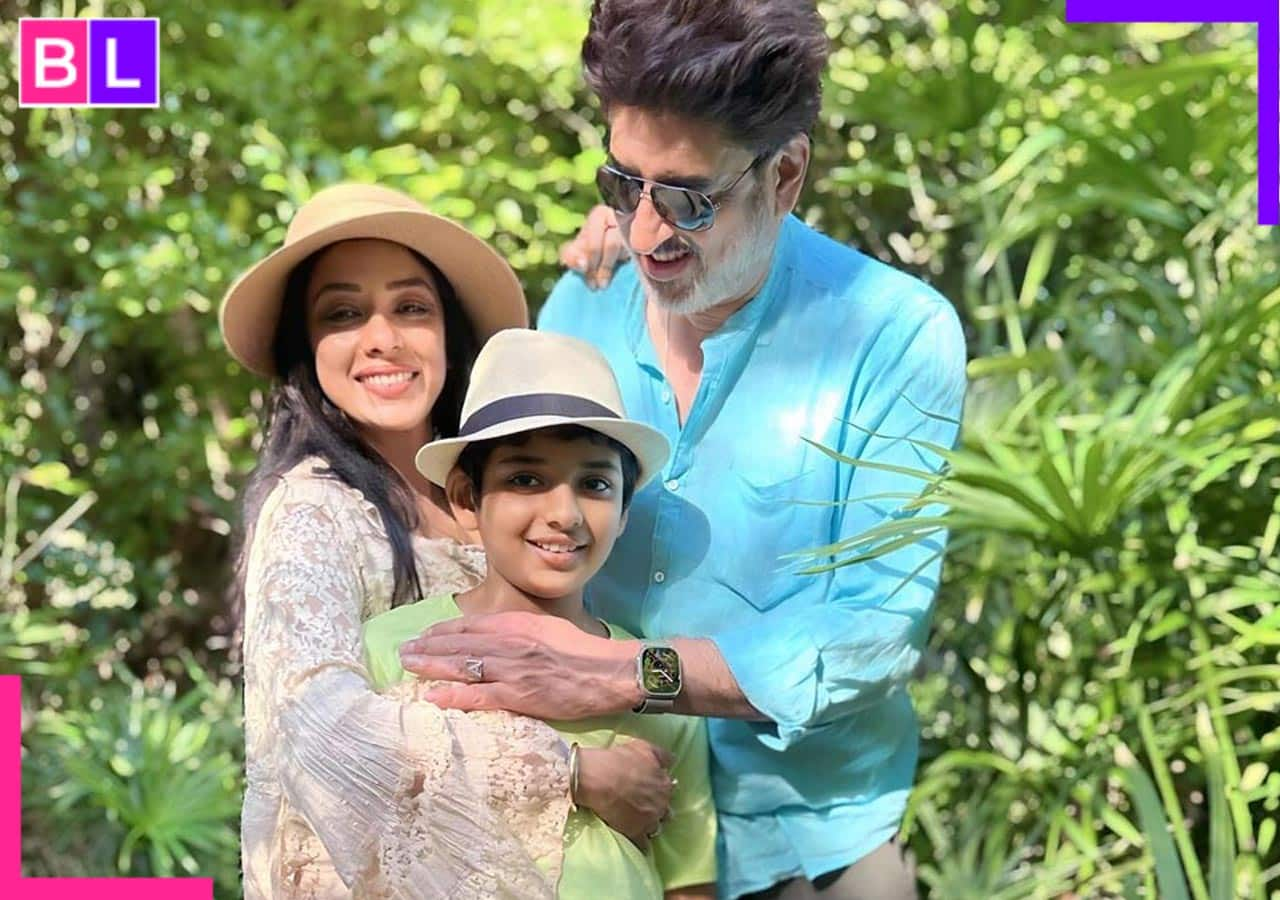A former video game executive sparked controversy by suggesting players, who are already shelling out a lot of money to get their hands on top titles, start “tipping” developers with up to 30 percent extra.
Taking to X (formerly Twitter), Mike Ybarra, the former president of significant gaming company Blizzard Entertainment, promoted a concept that would have needed more support from gamers.
I’ve thought about this idea for a while, as a player, since I’ve been diving into single player games lately.
When I beat a game, there are some that just leave me in awe of how amazing the experience was. At the end of the game, I’ve often thought “I wish I could give these…
— Mike Ybarra (@Qwik) April 11, 2024
“When I beat a game, there are some that leave me in awe of how amazing the experience was,” he posted. He mentioned titles he thinks deserve a tip, like “Red Dead Redemption 2.”
Ybarra believes it will help them support well-paid game developers, but their products already cost a lot. He admitted that after finishing games, he often feels compelled to give the developers an extra £8 ($10) or £16 ($20).
In his opinion, the experience surpasses the initial £56 ($70) price tag, mainly because they avoided the exploitative practice of nickel-and-diming players with constant microtransactions.
For comparison, a typical 20 percent tip on a £56 $70 meal comes to £11 ($14). ZipRecruiter reports that the average game developer salary is £87211 ($108,471). While Ybarra’s desire to support developers is commendable, his message might be disconnected from reality.
Ybarra Floats Tipping System in Games: Gamers Divided
The days of simply grabbing a game at GameStop and playing it from start to finish are long gone. Modern gamers are constantly bombarded with additional fees to access the whole experience of their games.
Furthermore, modern video games aren’t exactly budget-friendly. Take the highly anticipated “Grand Theft Auto VI” from Rockstar Games; rumours suggest it will be the priciest video game ever released.
GTA 6 will reportedly cost $2 billion and has been in development since 2014, making it the most expensive entertainment product of all time as Rockstar is determined to set new standards in the industry. pic.twitter.com/q82tr17lHI
— GTA 6 NEWS (@GTAVInewz) July 17, 2023
Aside from carrying steep price tags, many games force players to pay extra by segmenting content. Game developers push for recurring purchases of essential elements, special features, deeper access to the game, and cosmetic additions, which are not included in the base price.
In 2022, Epic Games, the creator of “Fortnite,” settled a hefty £418 ($520) million lawsuit. The suit alleged the company designed the popular game to trick young players into making unintended in-game purchases.
Additionally, gamers are shelling out exorbitant prices for special cross-platform editions of games, allowing players on Xbox and PlayStation to compete online. For example, the standard edition of “NHL 24” is priced at £20 ($24.99), while the cross-platform version jumps to a staggering £80 ($99.99).
While Ybarra acknowledged gamers mainly reject the idea, he offered no concrete plan for how it would function in the gaming industry. “Let’s do charity to big companies to support ‘developers.’ Let’s always put the burden on the customers. What a fantastic idea,” one user replied with a Bronx cheer.
Frustrated by a recent purchase, a user wrote, “I often play a game and am disappointed. Can I get my money back?” Another user wrote, “Let’s not start this trend.”
I often play a game and am disappointed. Can I get my money back?
— Miguel Maruso (@miggymaru) April 12, 2024
Let’s not start this trend.
— The CRT Podcast (@TheCRTPodcast) April 11, 2024
Techspot’s Rob Thurbon raised a fundamental question: “Will all the money go to the right people, and might companies use tips to lower wages?” Another X user devised a simple solution for what game developers should do.
“You could share more of the profit with the devs instead of asking more from the consumer.”






)
